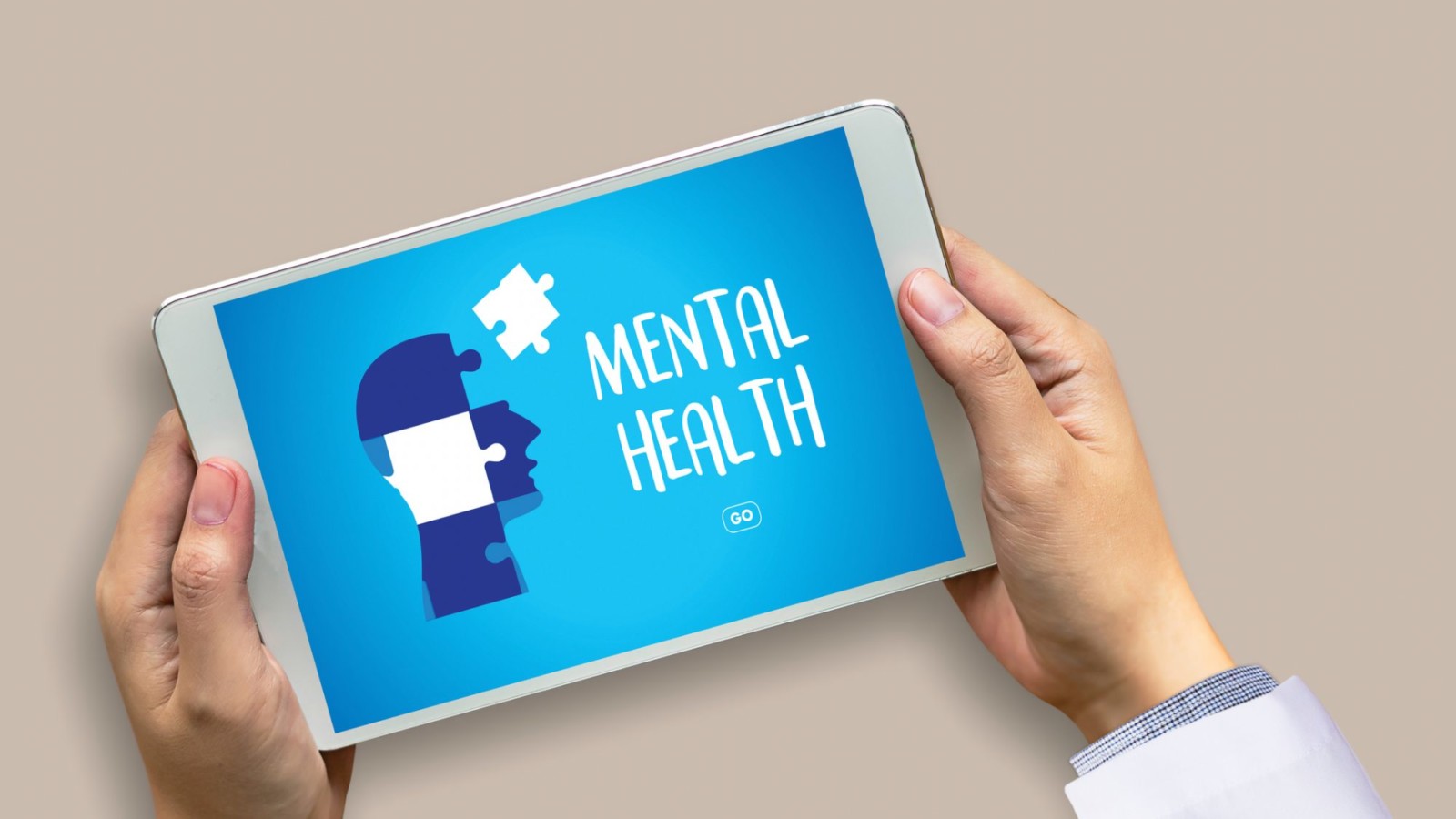Mental health technology and devices are an important part of the solutions that our society needs today. It is amazing how far in the future science can push in the realm of mental health and treating mental disorders and improving the lives of those who suffer from them. Mental health professionals use a variety of tools to help their patients, from wearable technology that can be worn like a bracelet to listening devices that can play recorded audio messages for people with dementia. These and many more new technologies are making it easier than ever for those with mental disorders to live a full life and contribute to society.
Some people are born with mental illnesses that make them unable to function normally in society. Some may have Asperger’s syndrome or other autism spectrum disorder. In the past, these types of disorders were treated with expensive technologies that often didn’t help the person outside of the lab. Today, research is continuing on many different technologies that can help improve the lives of those with mental illness and disabilities.
Biotechnology
One of the most advanced forms of mental health technology today is biotechnology. The field of biotechnology has developed a variety of medical treatments and prevention strategies to treat mental health disorders. Bacterial Vaginosis, a vaginal infection that can cause severe pain and itching, was one of the first bacterial infections to be treated using traditional medical approaches. Today, doctors use a variety of antibiotics to treat bacterial vaginosis. New bacterial treatments, such as Gardasil, are available to reduce the inflammation associated with bacterial Vaginosis.
Behavioral Analysis Technology
Another form of mental health technology is applied behavioral analysis technology. This technology has evolved greatly over the last ten years or so. Nowadays, psychologists use a battery of tests to determine if a person is suffering from various disorders. One such test is the MAST test, which measures the person’s response to four different types of pictures. These tests can give the psychologist a quick snapshot of the person’s mental health. Because these tests are so accurate, many mental health professionals have access to this technology.
Psychological disorders
Psychological disorders are the result of an imbalance in a person’s brain. Today, there are a number of technologies available to help treat this imbalance. One of these is deep brain stimulation. This technology involves putting electrodes in the brain and stimulating it using mild electrical current. By doing this, the brain signals become stronger and more frequent. Because the brain is closely connected to other parts of the body, this treatment can improve other parts of a person’s health as well.
Social Phobia
A number of people suffer from social phobia, a fear of social situations. As times go by, more people suffer from social phobia, leading to a lack of self-esteem. Psychologists have developed a variety of techniques to help treat social phobia, including cognitive behavioral therapy. This therapy involves talking to a therapist who helps the patient to determine why they feel so fearful of certain social situations. By understanding the reasons behind their fears, the patient can better control their own behavior and hopefully stop having these fearful thoughts.
Obsessive-Compulsive Disorder
Many people also suffer from obsessive-compulsive disorder, or OCD, a disorder that requires them to do specific things in order to keep themselves from acting out a series of unwanted behaviors. This can range from being a perfectionist in every aspect of their lives to actually keeping their stove from burning too hot. People with OCD have a fear of performing these rituals in public. There are many forms of OCD treatment, ranging from professional therapy to various forms of self-help books.
The use of mental health technology continues to grow as the world of mental health continues to mature. Mental health experts are constantly researching new ways to treat mental disorders and create new solutions for patients. Because mental health is such a broad area, many technology options are available for people with various conditions. This includes technology to assist in sleep patterns and relaxation. Although technology has not yet come up with a cure for these disorders, the strides that have been made are being utilized by more health professionals as they strive to improve the quality of life for those who suffer from them.


